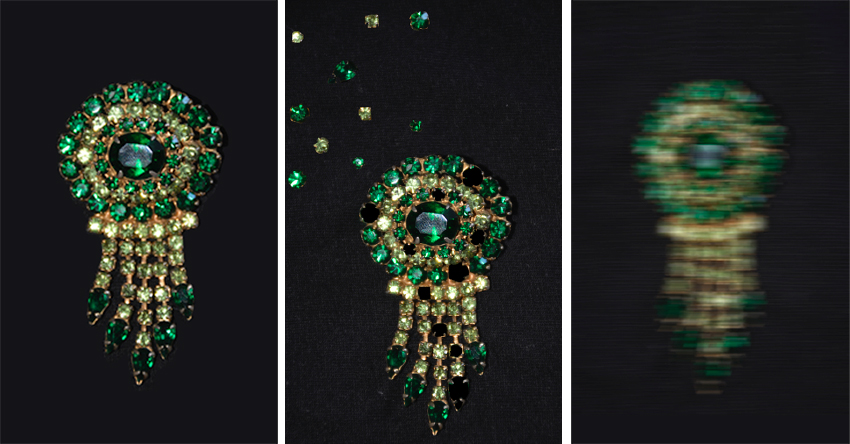We have our essential nature, you can call it our song, intact underneath every circumstance that we have ever endured. Yet it feels like some of the challenges we experience become our identity, that we, for very innocent reasons, must adapt as quickly as we can when we are in the womb to learn about the outside world and we take it in as though this is normal and proceed as such after we are born. It’s so sneaky how it gets into us, but it’s a purely intelligent adaptive loving response for your body to do that, because we are born not independent. It makes perfect sense that we become as similar as possible to our environment so we can survive and thrive in it, so that anything our mothers go through, our parents, our village, our culture, our ancestors we need to be somewhat similar, until we are independent enough and differentiate enough that we can move forward as individuals.
~ Dr. Mia Kalef

